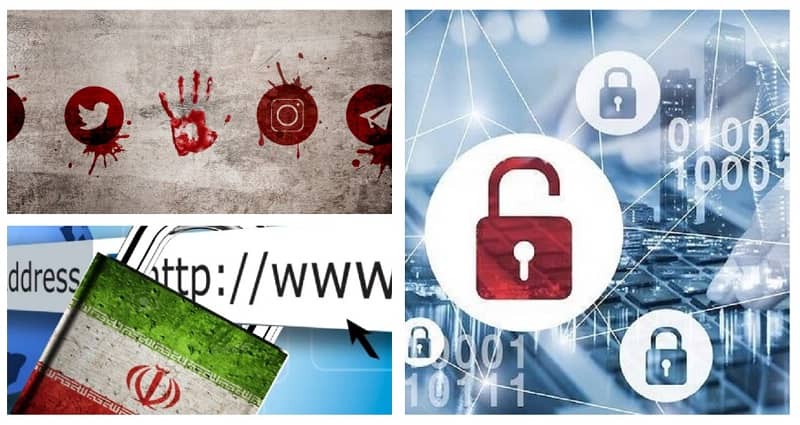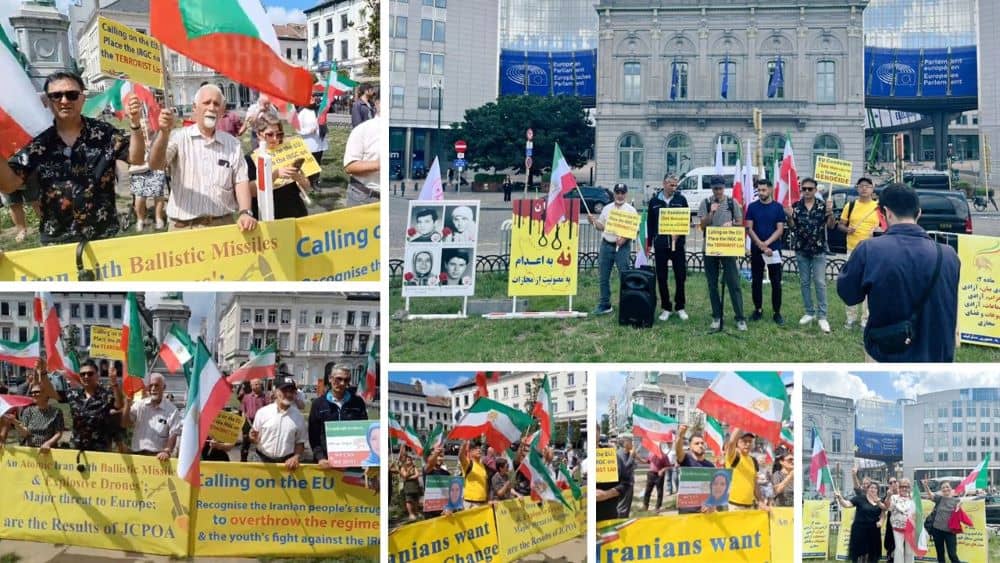
Recent reports in Iran’s state-run media have laid out the plans for the Iranian regime’s parliament to pass an ‘internet protection’ bill, that will greatly restrict the country’s internet and online freedom even further.
The ‘Cyberspace Users Rights Protection and Regulation of Key Online Services’ bill is aimed at restricting Iranians’ access to international services, mostly social media sites. The bill will also allow the regime’s security forces to gain more control over internet gateways in a bid to further intensify the suppression of dissent in Iran.
The regime’s Supreme Leader, Ali Khamenei, spoke of his fear of social media in a speech he gave in July 2021. In his address, he stressed that his regime’s ‘significant task at hand’ was to keep the threat of social media under control, and warned officials that they should pay close attention to it as a ‘key issue’.
He stated, “The enemy has taken a combat formation through social media. The [regime] should also take its own position and prepare itself.”
Speaking of the major nationwide protests that took place in Iran in 2018 and 2019, that left the regime clinging onto survival, the National Council of Resistance of Iran (NCRI) said, “When the regime started its brutal crackdown, citizen journalists and the social network of the main Iranian opposition quickly spread the news of the regime’s vicious actions and people’s calls for democracy to the world community. In addition, protesters and the opposition used social media to organize further protests.”
In a bid to prevent further uprisings from damaging them beyond repair, the regime imposed an internet blackout to prevent news and other information from reaching the international community. However, in recent years, the use of social media, particularly among the Iranian youth, has increased as they share information about the growing unrest in Iran. Youths are joining the ranks of the Iranian opposition group, the People’s Mojahedin Organization of Iran (PMOI/MEK) in their thousands, despite the regime’s extensive demonization campaign against them.
If the regime chooses to go ahead with adopting this new bill to restrict internet access, millions of Iranians, who have been earning a living through social media, are likely to face the severe economic consequences.
The NCRI said, “For roughly over one million Iranians, social media platforms such as Instagram, Telegram, and Twitter serve as virtual businesses. The proposed bill requires international technology firms to have a legal representative in Iran as a means of cooperating with Tehran to increase online surveillance.”
The regime’s Parliamentary Research Center sent a letter to the Chairman of the Joint Commission, Reza Taghipour, to urge him to review the protection bill, warning about the likely social and economic consequences that will emerge if the bill is adopted. They said that the bill will “deliver an irreparable blow to small online businesses,” increasing the rate of brain drain, and further add to society’s grievances against the regime.
While the main goal of the bill is to control and censor Iran’s internet access, it is apparent that some institutions and individuals are likely to benefit from its adoption. These include: the Research Institute of Islamic Culture and Art; the Research Institute of Islamic Culture and Thought; the Center for Deep Strategic Studies; and, the Institute for Research and Explanation of the Discourse of the Islamic Revolution.
The NCRI said, “These entities receive budgets from the government but are private institutions under the IRGC and Khamenei’s control. The Institute of Islamic Culture and Thought alone receives 293 trillion rials from the 2022-2023 general budget. Meanwhile, the share of the Cancer Research Institute of the University of Tehran in the 2022-2023 budget is 50 billion rials.”
The regime’s nepotism and corruption are also at the heart of the decisions, as many of those set to profit from the bill are relatives of regime officials, who are desperate to promote ‘domestic’ social media platforms. One of these people is Maryam Zakani, the daughter of Tehran’s Mayor Alireza Zakani, whose business, the Sharif Amid Computer Company, is set to profit greatly.
Her husband Hossain Heydari works for an application-developing company, whose most popular application is ‘Rubika’, an Iranian social media platform. While this app is currently free to download, suspicions are that it will shift to a paid subscription model once international social media apps are outlawed.
The NCRI said, “The regime is in a serious bind. If it adopts the bill, it would risk major protests by an already angry population. And if it doesn’t, then more youth will join the MEK, and protests would become more organized and more frequent.”





